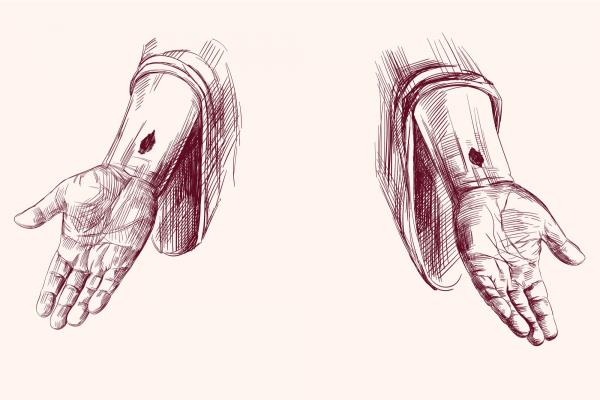May 1, 2020
But the church peddles ableist ideas in devious ways: It proclaims to be pro-life but mirrors the world’s messaging that productivity and health are drivers of worth. It weaponizes prayer as a foot-soldier in its ableist theology, reducing God to a slimy vending machine churning out miracles upon request. It limits our imaginations for how abundant life should look, confining prosperity and happiness to a singular mode of living.
Read the Full Article

Already a subscriber? Login
